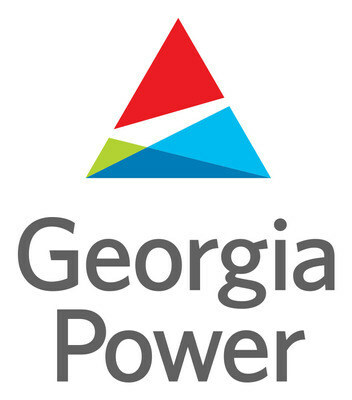Georgia Power strengthens reliability for customers, marks high performance in 2023
Continued investments in "smarter grid" result in fewer power outages and quicker restoration times
"At Georgia Power, we understand the importance of reliability for every customer and our teams share a commitment to work safely around the clock, and across the state, to deliver the power that our customers require," said Tami Barron, senior vice president of Distribution for Georgia Power. "As we continue to upgrade our state's power grid, we're making purposeful investments using a data-driven approach, and increasingly incorporating automated technology that helps our electric system better respond not only during storms, but every day."
Reliability is measured in two ways: frequency of service interruptions, or "System Average Interruption Frequency Index" (SAIFI), and duration of service interruption, or "System Average Interruption Duration Index" (SAIDI). Last year, Georgia Power's SAIFI score was among the best in the company's history, with customers experiencing an average of
High service reliability in 2023 was driven, in large part, by the continued installation of smart, automated devices throughout the power grid. Last year alone, crews installed more than 1,000 automated devices across the state, which can be controlled remotely. This technology allows Georgia Power's operations team to reroute power and segment a power line, which isolates issues and results in fewer customers affected by an outage, and faster restoration for others. Georgia Power is also deploying smart devices and other technology to enhance its self-healing network designed to respond to power outages automatically – saving valuable time and quickly getting the lights back on for customers. More than
In addition to installing smart technology, Georgia Power's ongoing investments in the grid in recent years include: upgrading or rebuilding transmission lines and dozens of substations across
"
Working in concert with the transmission and distribution network is Georgia Power's diverse mix of generation resources, which also plays an essential role in providing reliable electric service to customers. In 2023, the company's generation fleet helped keep reliability high with experienced teams at hydro, natural gas, nuclear and coal-fired generation plants managing plant operations and maintenance activities at a level of excellence well above industry standards. Non-nuclear generation assets measure reliability with plant outage rate or "equivalent forced outage rate" (EFOR). Last year, Georgia Power's EFOR score was among the best in company history and among the best in the industry, with an outage rate of
"When extreme heat or cold, like we saw with Winter Storm Heather, drives increased demand for electricity, our Generation teams are at work 24/7 in
Georgia Power continues to invest in a stronger and more resilient power grid through its successful multi-year Grid Investment Program, which has already resulted in an up to
Media can download b-roll of Georgia Power crews working on the power grid by clicking here.
About Georgia Power
Georgia Power is the largest electric subsidiary of Southern Company (NYSE: SO), America's premier energy company. Value, Reliability, Customer Service and Stewardship are the cornerstones of the company's promise to 2.7 million customers in all but four of
![]() View original content to download multimedia:https://www.prnewswire.com/news-releases/georgia-power-strengthens-reliability-for-customers-marks-high-performance-in-2023-302083065.html
View original content to download multimedia:https://www.prnewswire.com/news-releases/georgia-power-strengthens-reliability-for-customers-marks-high-performance-in-2023-302083065.html
SOURCE Georgia Power









